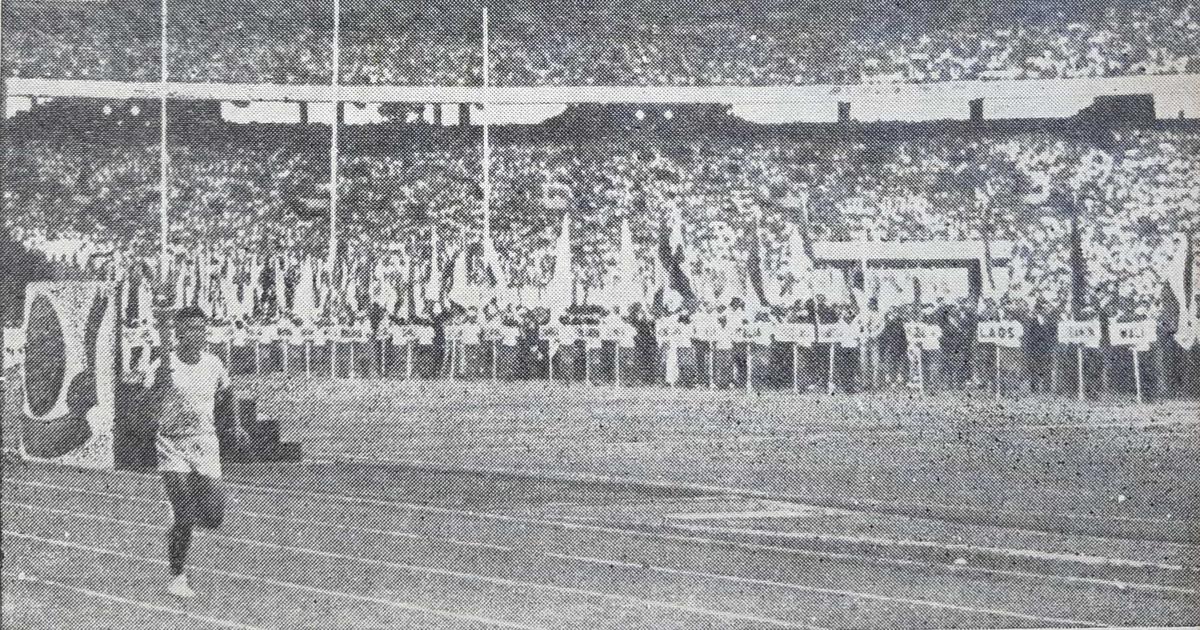The Olympic Charter states one of the fundamental principles of Olympism is that “ sports organisations within the Olympic Movement shall a...

The Olympic Charter states one of the fundamental principles of Olympism is that “sports organisations within the Olympic Movement shall apply political neutrality”. In reality, the Olympics and politics are inseparable – and a movement in Asia almost 60 years ago has had a lasting impact on how the Olympics have become heavily politicised.
In the 1960s, some 36 countries embraced a new counter-Olympics: GANEFO, the Games of the New Emerging Forces. GANEFO was formed to challenge the International Olympic Committee, “a tool of the imperialists and colonialists”, in the words of then Indonesian president Sukarno. After GANEFO, the IOC was forced to accept that sports were often political. There was no going back.
GANEFO presented the IOC with an unprecedented challenge. “Sports cannot be separated from politics,” Sukarno declared. IOC President Avery Brundage deplored this “challenge to all international amateur sports organisations, which cannot very well be ignored.” There was “such a thing as rules and regulations”, he sniffed.
Sports and politics
GANEFO, not the Tokyo Olympics of 1964, was the first major global sporting event held in Asia. While Japan threw a “coming out” party that symbolised its return to the global stage after the Second World War as a rules-abiding country, Indonesia and its GANEFO allies (initially Cambodia, China, Guinea, Indonesia, Iraq, Mali,...



